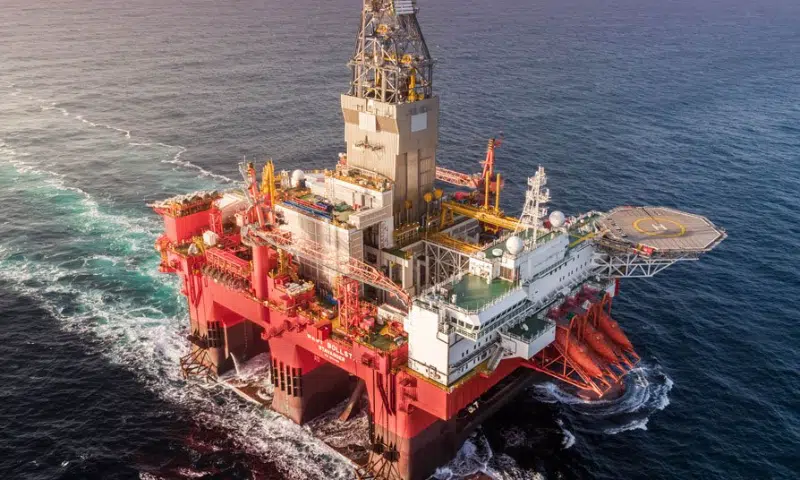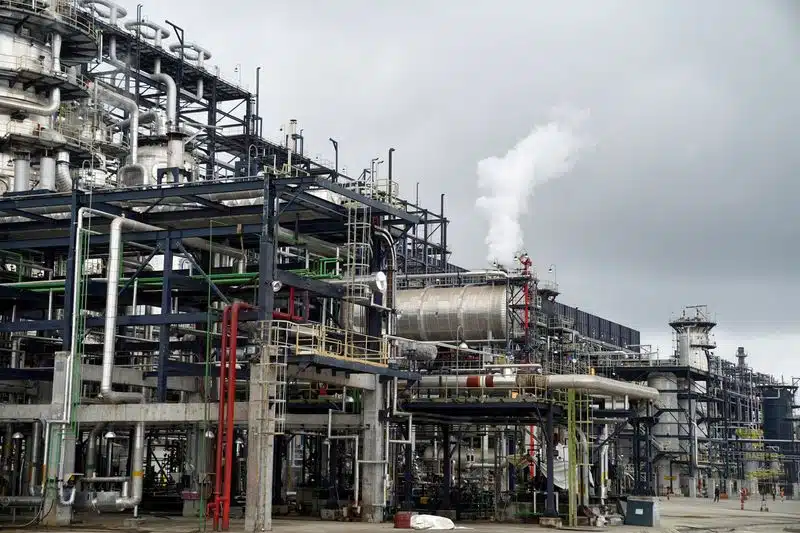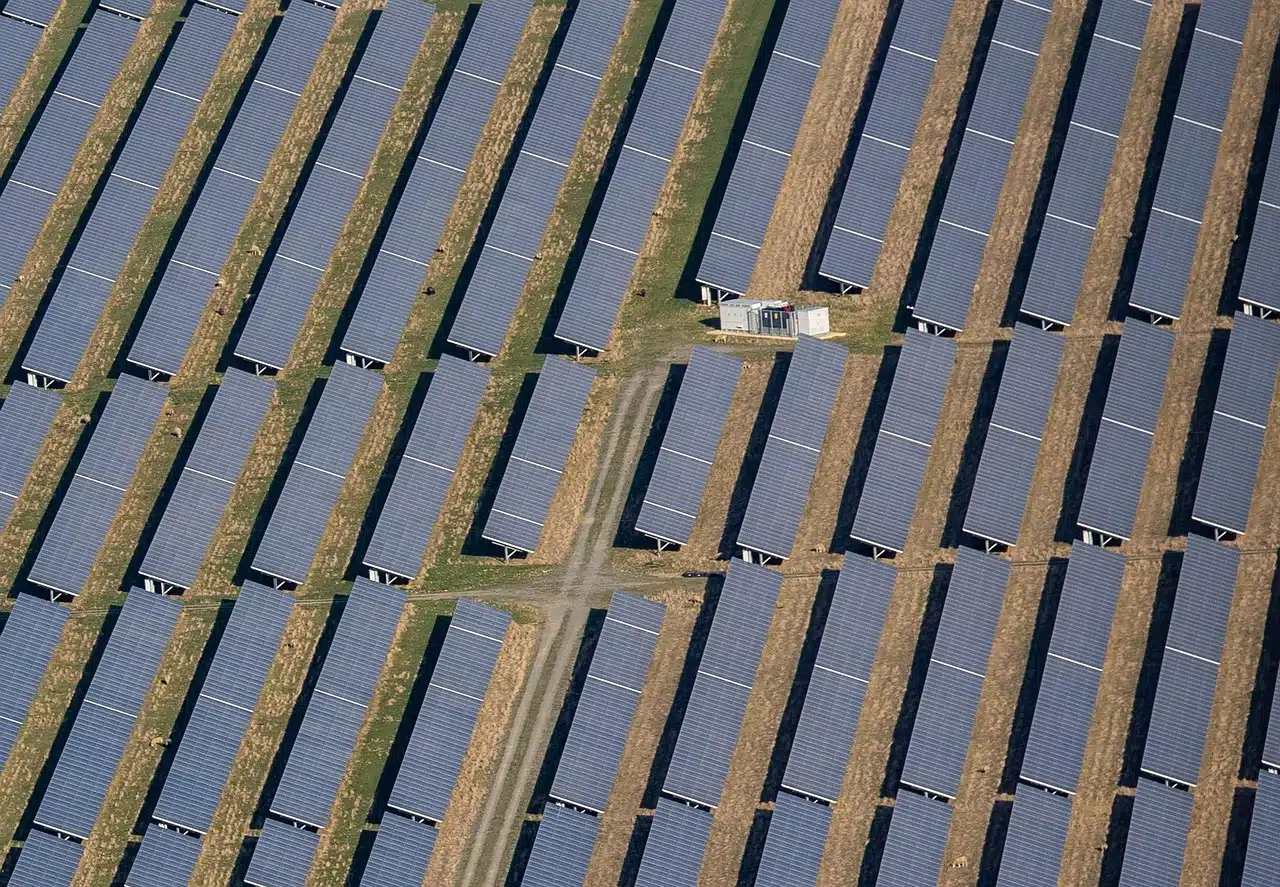Global oil prices jumped above $70 per barrel for the first time in six months following Israel’s targeted airstrikes on Iran, reigniting fears of a wider conflict in the Middle East.
Brent futures rose as high as $74.43 per barrel and WTI to $73.8 on Friday, June 13, as traders reacted to heightened geopolitical risks and potential disruptions to energy infrastructure across the region.
Although no oil facilities were reportedly damaged in the Israeli strikes, analysts and market participants are concerned that Iranian retaliation may impact key shipping lanes or production hubs, particularly around the Strait of Hormuz a vital passage for about 19 million barrels per day of oil and petroleum products, representing roughly one fifth of global supply.
Market react to Israel Iran escalation
The attack marks the sharpest single day surge in oil prices since 2022, with traders citing the unpredictability of Iranian response as a primary driver of the market reaction.
Israel’s decision to shut down operations at several offshore gas fields ahead of the weekend as a precautionary measure added to the tensions.
In a note to clients, London based oil analyst Andrew Prescott stated that “the price reaction is more about what might happen next than what has happened already. The absence of infrastructure damage doesn’t eliminate risk it magnifies uncertainty.”
Meanwhile, the global oil market is already facing pressures from other sources.
The Organization of the Petroleum Exporting Countries and its allies (OPEC+) have begun unwinding voluntary production cuts, which had previously propped up prices during sluggish demand periods.
At the same time, trade tensions triggered by former U.S. President Donald Trump’s reintroduced tariff policies have slowed global demand growth.
As energy markets brace for Iran’s potential response, shipping insurers have begun adjusting risk premiums for vessels passing through the Red Sea and the Strait of Hormuz.
Some reports suggest cargo redirections could begin as early as next week if the situation worsens.
Regional transitions and corporate shifts
However, The United Arab Emirates’ national oil company, ADNOC, is reportedly evaluating acquisition opportunities.
Sources familiar with the matter said ADNOC is considering a takeover bid for Australian oil and gas firm Santos, while also eyeing natural gas assets owned by BP that may be divested as part of its debt reduction plan.
Algeria, meanwhile, has signaled a shift in its national energy strategy.
The country has committed $7 billion over the next five years to refining capacity upgrades. Planned projects include a new refinery in Hassi Messaoud, a naphtha cracker in Arzew, and a fuel oil conversion unit in Skikda.
According to the Ministry of Energy, the goal is to reduce dependency on crude exports and move further into value added petroleum products.
As energy producing nations reposition and major players revise strategies, the world is reminded that geopolitics remains a powerful force in shaping oil prices even in an era of technological advances and energy diversification.









